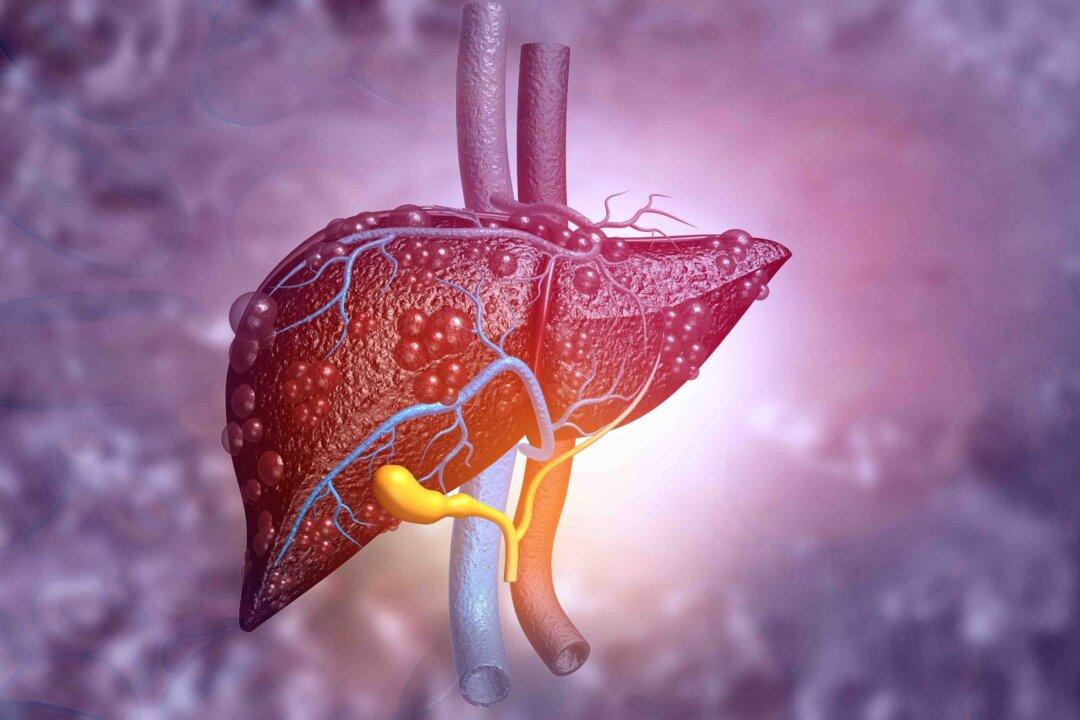A new study has found that elderly people who consume a plant-based diet have a reduced risk of cognitive decline and dementia. The research was published in the journal Molecular Nutrition and Food Research and was carried out over 12 years with the participation of 842 people from France who were over the age of 65.
The study analyzed the relationship between the metabolism of dietary components, endogenous metabolism, intestinal microbiota, and cognitive impairment. Researchers examined the role of diet in the risk of suffering cognitive impairment. They examined plasma samples, which indicated that some metabolites were related to cognitive impairment and dementia progression while some were protective.





